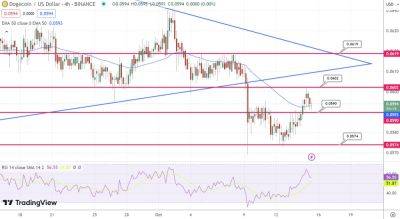Investors roll more than $600 billion a year to IRAs. Anticipated Labor Department rules could raise their protections
The U.S. Department of Labor is poised to issue a rule in coming weeks that's likely to raise protections for investors who roll money from a 401(k) plan into an individual retirement account, according to attorneys who specialize in retirement law.
The stakes are high: Millions of people roll their nest egg from workplace retirement plans into IRAs every year. It's a common move when workers switch jobs or retire.
But current rules can expose them to poor investment advice from brokers, insurance agents and others in the financial ecosystem — which can have negative outcomes like higher fees that erode their savings, attorneys said.
More from Personal Finance:
Supreme Court case may gut the CFPB
As Social Security faces shortfall, some propose investing in stocks
Supreme Court tax case could have sweeping federal policy effects
«It may not cause fewer rollovers, but it will almost certainly cause more thoughtful rollovers,» Fred Reish, a retirement expert and partner at law firm Faegre Drinker Biddle & Reath, said of his expectation for the forthcoming rule.
IRAs held about $11.5 trillion in 2022, almost double the $6.6 trillion in 401(k) plans, according to the Investment Company Institute. More than 4 in 10 American households — about 55 million of them — own IRAs, the group said.
The bulk of those IRA assets come from rollovers.
About 5.7 million Americans rolled a total $618 billion to IRAs in 2020 alone, according to IRS data. That's more than double the $300 billion rolled over a decade earlier.
The figure is also seven times larger than the share of money contributed directly to IRAs. In 2020, 74% of new pre-tax IRAs (also known as «traditional» accounts) were opened just with rollovers, ICI said.
There's a
Read more on cnbc.com

 cnbc.com
cnbc.com



















